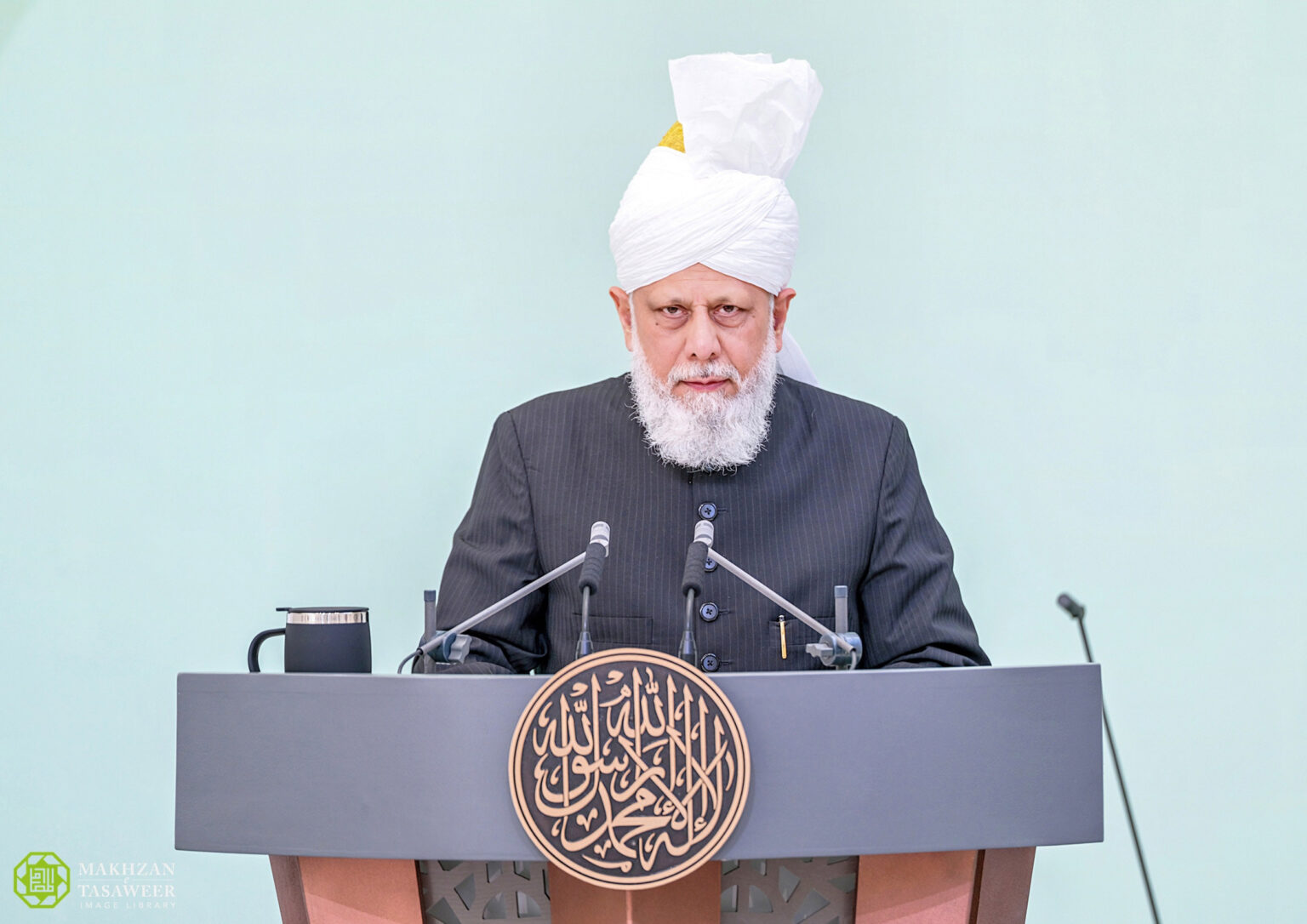Who doesn’t love Thanksgiving? It’s a time to celebrate with family, reflect on our blessings and renew our sense of gratefulness. Sometimes it’s hard to lead a life of gratefulness in the midst of the complicated world we live in. Many Christians take time in November to practice an ‘attitude of gratitude’ and purposefully express on each day something they are thankful for.
But, why do we pick this one month to express our gratitude? Shouldn’t we practice gratitude year-round? Many studies have shown that the effects of gratitude on physical health as well as psychological well-being are overwhelming. People who regularly recorded their gratefulness saw an increase in their immune systems, lowered blood pressure, increase in optimism and found more rewarding outcomes in their relationships. Indeed, gratitude is good for you.
“Rejoice always, pray without ceasing, give thanks in all circumstances; for this is the will of God in Christ Jesus for you,” – 1 Thessalonians 5:16-18. Have a blessed Thanksgiving.
Thank God: Stories of Gratitude, Harvest, and Home
By Paraclete Press
Celebrate autumn and Thanksgiving by reading these reflective stories of gratitude. The stories include writings from Henry van Dyke, Sarah Josepha Hale (the ‘Mother of the American Thanksgiving’), Abraham Lincoln and Louisa May Alcott, as well as songs, psalms and prayers.
Countdown to Thanksgiving: Memory Making Stories and Activities for 14 Days Leading up to Thanksgiving
By Amy Puetz
Do you long to make this Thanksgiving the best holiday you have ever had? Do you want to slow down and just enjoy Thanksgiving like our ancestors did? If so, this book will bring a new joy to your Thanksgiving. The book guides families to read a heartwarming Thanksgiving story each day and then participate in a fun activity together.
Spirituality of Gratitude: The Unexpected Blessings of Thankfulness
By Joshua Choonmin Kang
In this book, readers are invited to enter the world of thankfulness that awaits everyone who seeks it. In 52 short chapters, which may be read in weekly reflections or as daily devotions, you’ll discover the beauty of finding gratitude in the everyday moments and the hard times.
The Power of Being Thankful: 365 Devotions for Discovering the Strength of Gratitude
By Joyce Meyer
Discover the life-changing power of a grateful heart. In this 365-day devotional, readers will explore how pausing to acknowledge God’s blessings helps restore us to a state of spiritual peace. Designed to spark an attitude of gratitude in your life, each daily meditation includes an inspiring reading, a Scripture verse and a prayer of thanks.












